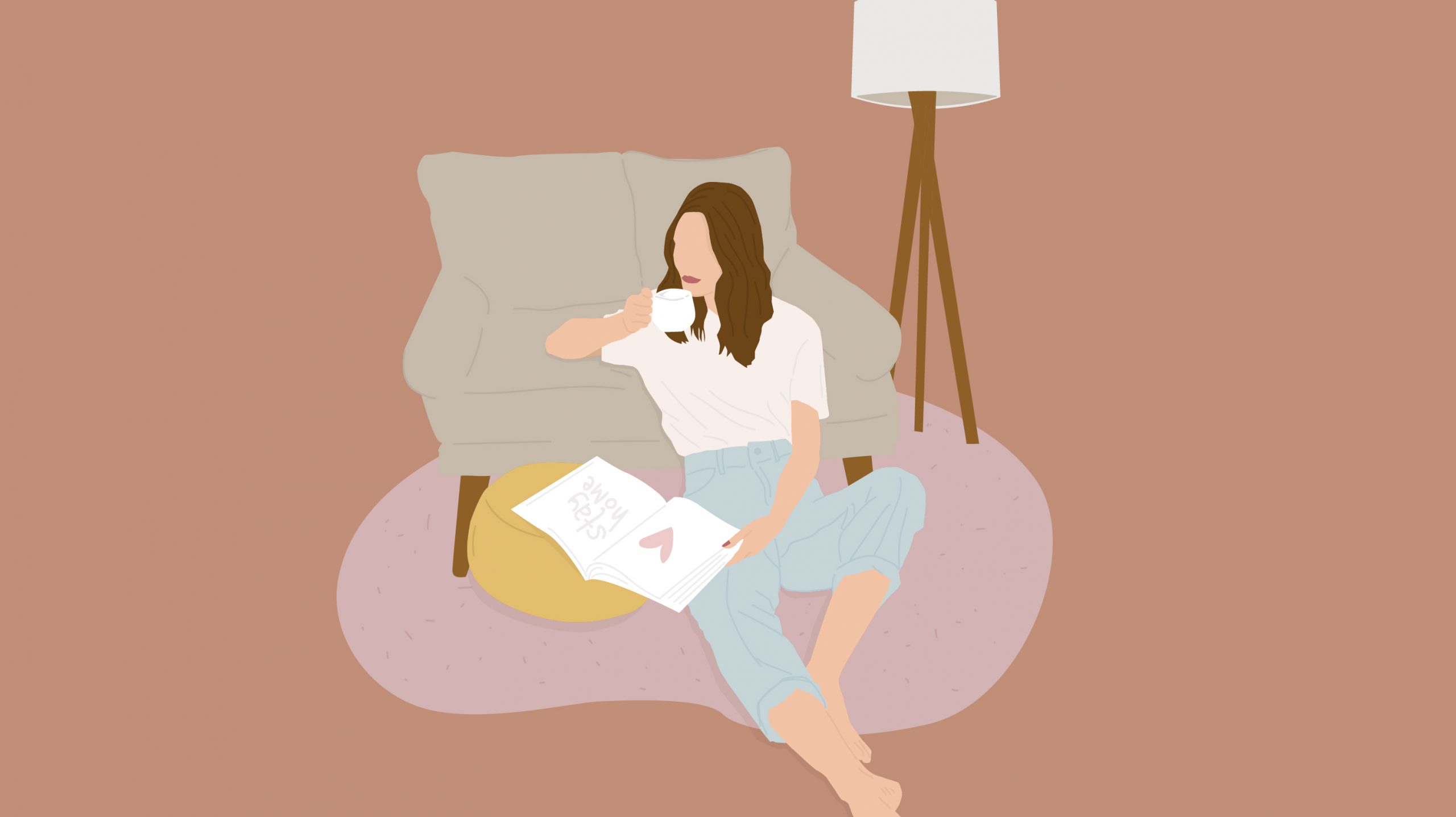Your state of mind and how it affects your skin
May 2, 2021

When I welcomed the new year with my family eight months ago, I had high hopes for 2020. Little did we know that a global health crisis was afoot, waiting to claim the lives of over 720,000 people (and counting). Several months have passed, and the world (myself included) has, against all odds, managed to cobble together a false sense of normalcy. We call this time “the new normal,” but if we’re being honest, these circumstances are far from mundane. In simple terms: it’s a mess, and it’s overwhelming to begin to fathom.
Absorbing all this information on social media is taxing. Though a great many of us have the privilege of being quarantined safely at home, it’s all an illusion: on the outside, bad things are happening and will continue to happen. For the most part, you’re able to filter out the noise—but at some point, the dam has to give way, and the water has to go somewhere. As someone who’s bottled in their feelings for far too long, the proverbial dam is at its breaking point. And I’m sure many of you feel the same way.
Health organizations have reported that a second pandemic may well be underway: a mental health pandemic, that is. The stresses brought about by COVID-19 (and the ensuing quarantine period) have caused an unprecedented spike in mental health issues all over the world. Depression, anxiety, and other mental health issues can arise from:
It starts with physical symptoms: trouble sleeping, lethargy, tired eyes from constant screen exposure. Then, worry and anxiety set in, giving way to feelings of hopelessness about your own situation or of others. When will MECQ end? Will I still get to keep my job? How long until things truly get back to normal? The whole world is asking these questions, but no one has definite answers. And that uncertainty can chip away at your mental health, causing you to find difficulty fulfilling your many roles in life. When you let too much of the outside in, you lose your inner peace, which could cause you to act negatively around the ones you love (whom you are most likely quarantined with right now).
You may also feel guilt in knowing that you have privileges others don’t. You might not feel that your issues are valid, especially as others seem to have it much worse. But trust us—they are. And you deserve to be cared for by you, so that you can better care for others.
You don’t have to force yourself to “think positive” or anything like that. All it takes is a few small, but good habits, to get your mental health on the right track.
And remember, there’s no rush towards feeling better. Take as many steps as you need to, and remember that your mental health journey is different from others’. Surround yourself with those who care, because that definitely helps, but the person who should be kindest to you right now is yourself. Only then will you have the capacity to help others get through these trying times. We’re rooting for you, always!
Most Popular
Belo Beautiful Stories: Coach Hazel Benipayo and the Rhinoplasty Glow-Up That Changed Her Life